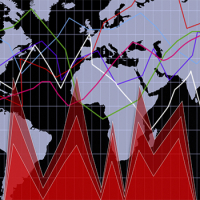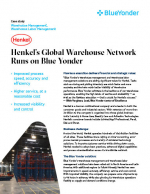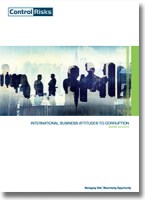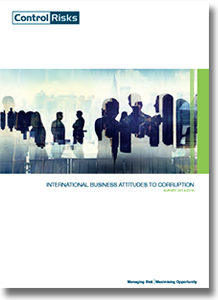International Business Attitudes to Corruption 2015/16
Based on a survey of legal and compliance specialists in more than 800 companies worldwide our findings reinforce many long-standing conclusions about the global anti-corruption and compliance landscape, however, they also shine a new and, perhaps, unexpected light on other issues.
Three powerful drivers are – or should be – sharpening international corporate attitudes to corruption.
Firstly, the US is consistently tough on foreign bribery. The world’s largest economy is as diligent as ever in enforcing the US Foreign Corrupt Practices Act (FCPA). Both in theory and in practice, the US claims jurisdiction over international companies listed in the US, or routing any part of their corrupt transactions via US banks or communication systems.
In one case in 2014, the Japanese company Marubeni was fined $88m in connection with bribes paid in Indonesia; and the former vice-president of the US subsidiary of French engineering company Alstom pleaded guilty to FCPA charges in connection with the same case.
Secondly, other industrialised economies are tightening enforcement. Other OECD countries are following the US lead – albeit unevenly.
In early 2014, Norway concluded its largest-ever international anti-corruption enforcement case, resulting in the imposition of a $48.3m fine on Yara International; in May, Canada imposed a three-year prison sentence on the first individual to be convicted under the country’s Corruption of Foreign Public Officials Act; and in July, the UK’s Serious Fraud Office (SFO) charged the British subsidiary of the French company Alstom with six corruption and conspiracy offences relating to contracts in India, Poland and Tunisia.
And finally, emerging markets are joining in. This is perhaps the most significant driver to emerge in 2014. Recent developments in China – notably the prosecution of the UK-based pharmaceutical company GSK – make clear that anti-corruption enforcement is far from being a Western monopoly.
Meanwhile, Brazil has introduced a much tougher anti-corruption regime via its Clean Companies Act, and in August 2014, in one of the country’s first foreign corruption cases, the Brazilian authorities filed a criminal complaint against eight employees of the aircraft company Embraer.
The complaint alleges that the company paid to secure aircraft sales in the Dominican Republic. Meanwhile, step by step – and often excruciatingly slowly – India too is gradually strengthening its anti-corruption institutions, notably through the Companies Act which came into force in April 2014.
In this report:
- Survey highlights
- High costs for honest companies: Who suffers most?
- Tough anti-corruption laws are working, slowly
- Compliance is working too, but it’s not enough
- A strategic approach to anti-corruption: Five recommendations
What’s Related



Favorites





